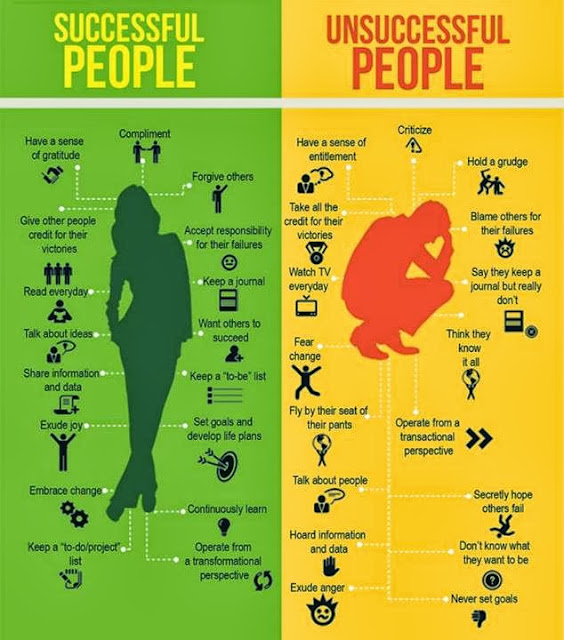Methane
Methane (CH4) is a colourless, odourless non-toxic gas consisting of molecules of four hydrogen atoms and one carbon atom. Methane is combustible, and mixtures of about 5 to 15% in air are explosive. It is the main constituent of natural gas, a fossil fuel. It is released into the atmosphere when organic matter decomposes in environments lacking sufficient oxygen. Natural sources include wetlands, swamps and marshes, termites, and oceans. Man-made sources include the mining and burning of fossil fuels, digestive processes in ruminant animals such as cattle, rice paddies and the burying of waste in landfills. Most methane is broken down in the atmosphere by reacting with hydroxyl (OH) radicals.
Like carbon dioxide, methane is a greenhouse gas whose molecules absorb heat trying to escape to space. Methane contributes to the Earth's natural greenhouse effect. Man-made emissions of methane are helping to enhance the greenhouse effect. Since the beginning of the Industrial Revolution, atmospheric methane concentration has more than doubled, and has contributed 20% to the enhancement of the greenhouse effect, second only to carbon dioxide.

Comments
Post a Comment